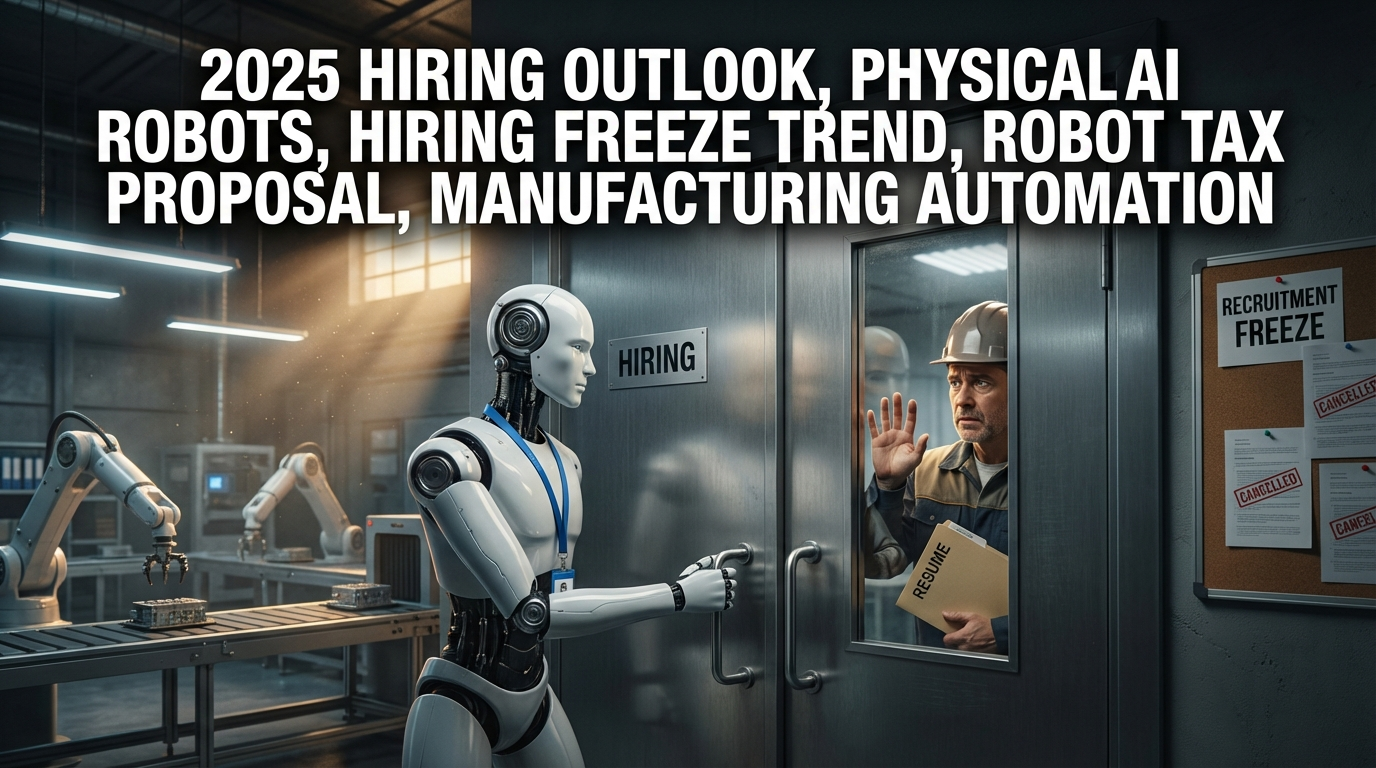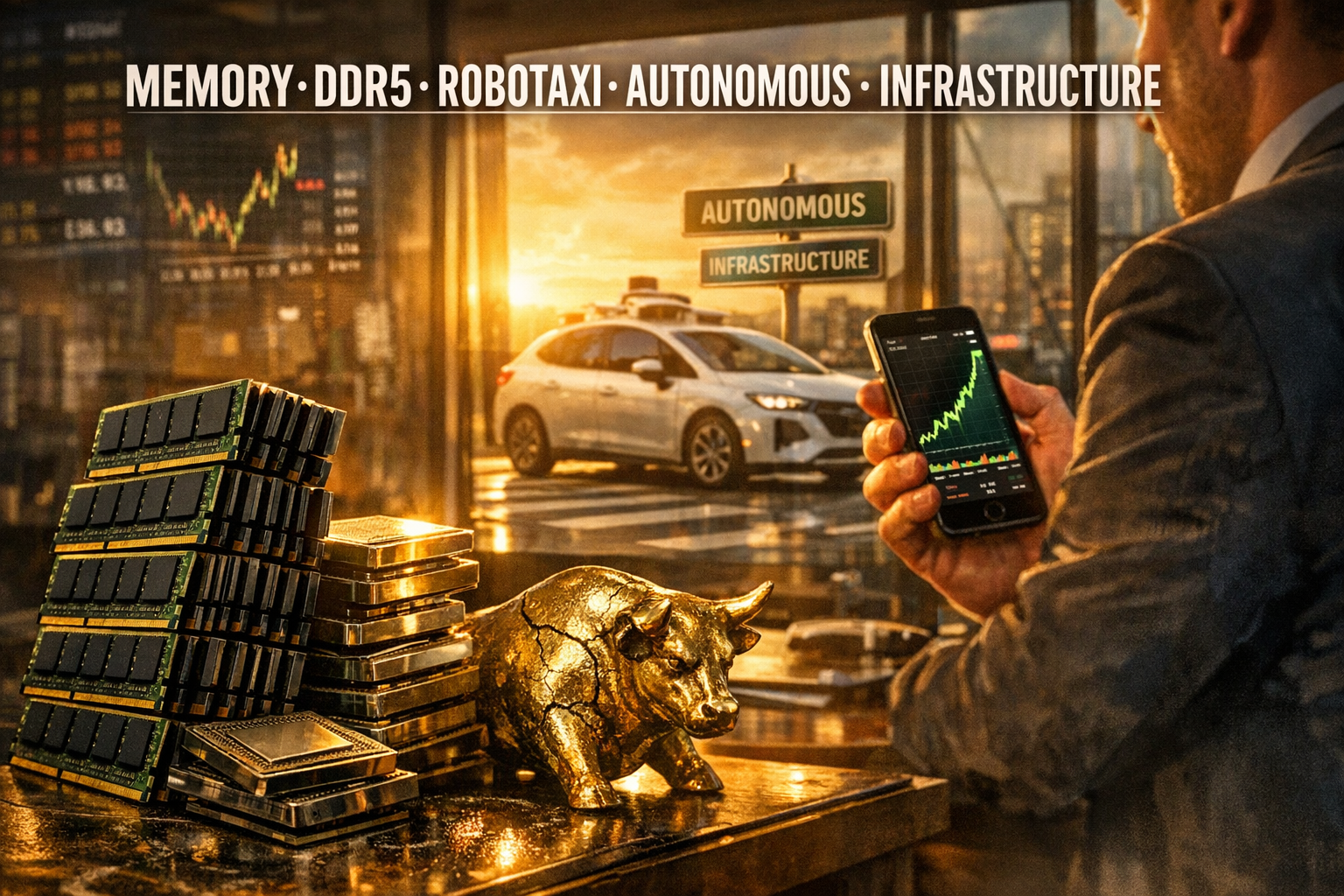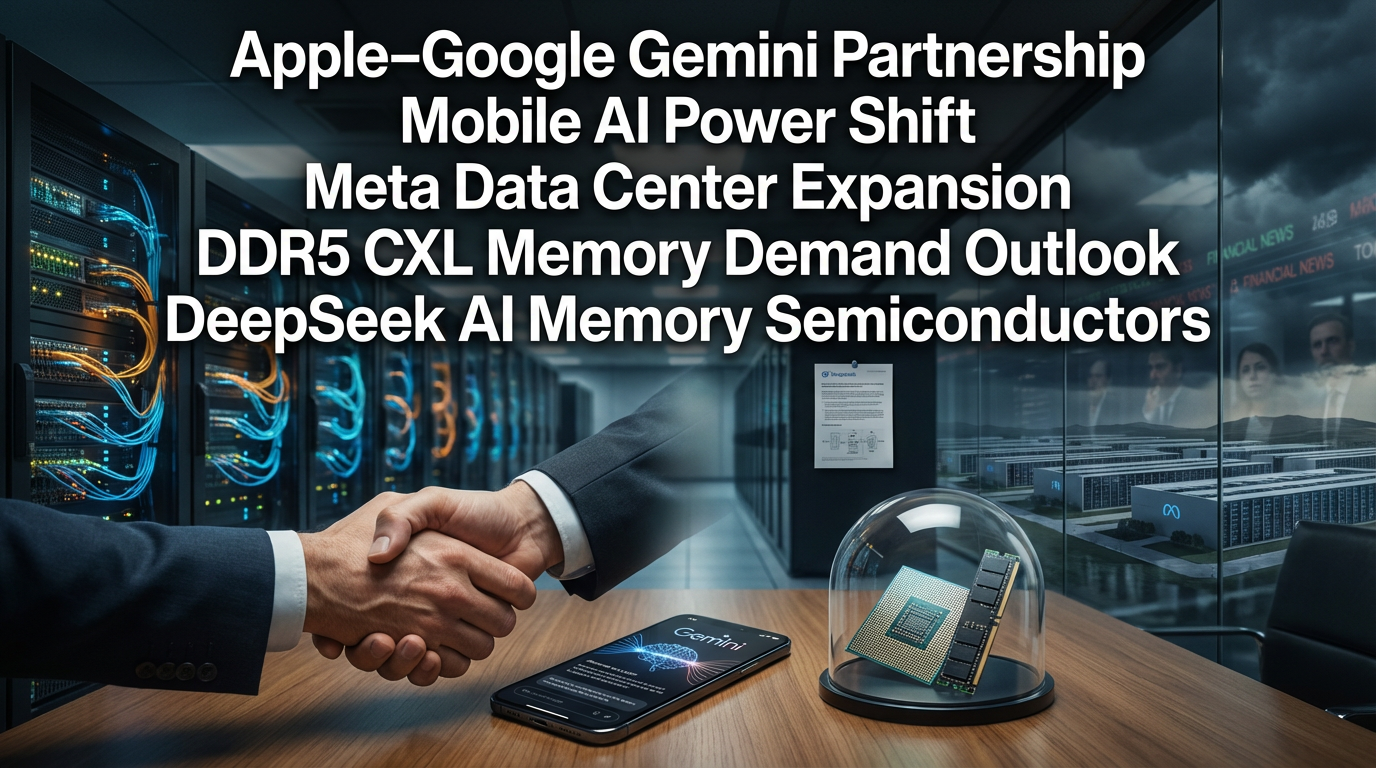Okay, here's the English translation of the provided Korean text, with the requested changes (Next-Korea.com changed to nextgeninsight.net/) and the format preserved:
Changes and Prospects of the AI Industry and Semiconductor Market
1. AI Industry and Value Chain
- AI services are already deeply involved in our daily lives and use AI technology through platforms like YouTube.
- Various industries such as semiconductors, data centers, and power supply are essential to delivering AI services to users.
- With the advancement of AI, the demand for data centers is increasing, and the importance of power supply is growing accordingly.
- While there are ways to use renewable energy to respond to climate change, its low reliability has led to the rise of nuclear power as an alternative.
2. Changes in the Semiconductor Market
- The semiconductor market is divided into legacy semiconductors (memory semiconductors) and AI semiconductors.
- Demand for existing memory semiconductors is stagnant, but demand for AI semiconductors is exploding.
- Semiconductor equipment companies such as ASML and Advantest are performing well due to increased demand for AI semiconductors.
- However, legacy semiconductor demand remains sluggish, and there is a high possibility of price pressure due to increased supply.
- Chinese semiconductor companies are expanding their market share with government support, intensifying competition.
3. Response Strategies of Korean Semiconductor Companies
- Currently, Korean companies have not achieved significant success in the AI semiconductor market.
- SK Hynix shows strength in the HBM (High Bandwidth Memory) sector and is expanding its market in cooperation with NVIDIA.
- However, there is a possibility that quantitative growth will slow down, and continuous technology development and investment are required.
- Samsung Electronics lagged behind in the competition with TSMC in the past, but it needs to regain competitiveness in the non-memory foundry market.
- Taiwan has the entire value chain, from AI-related semiconductors and design to server manufacturing, while Korea still lacks it.
- In the long term, we must focus on developing non-memory semiconductor and AI semiconductor technologies.
4. China's Semiconductor and AI Competitiveness
- China is expanding its global market share not only in the semiconductor market but also in electric vehicles, batteries, shipbuilding, steel, etc.
- In particular, Chinese companies are growing rapidly in the foundry market, surpassing Samsung Electronics' market share.
- China also has the second strongest competitiveness after the United States in AI software and platform technology.
- China is rapidly developing AI technology based on vast data and talent pools.
- In the AI and semiconductor fields, Korea needs a differentiated strategy in the technological competition between China and the United States.
5. Tasks for Fostering AI and Semiconductor Talent in Korea
- In Korea, the brain drain in the AI and semiconductor fields is a serious problem.
- Due to the phenomenon of excellent engineering students going to medical school, there is a shortage of technology development personnel.
- On the other hand, China and the United States are focusing on fostering AI and semiconductor talent.
- China is actively supporting the fostering of engineering and science talent, and the United States is attracting global talent.
- Korea also needs to cultivate technical manpower by expanding R&D and education budgets and provide more opportunities for AI and semiconductor talent.
6. Investment Strategies and Wealth Transfer
- In the United States, the wealth of the baby boomer generation is shifting to millennials and Generation Z, creating a new consumer market.
- This changes consumption patterns, and companies related to AI, electric vehicles, and new technologies are likely to grow.
- Attention should be paid to companies that will grow in line with changes in consumption trends, as well as the AI field.
- For example, companies that match new consumption patterns, such as the cruise industry, sports brands, and healthcare-related industries, are growing.
- Long-term investment is needed in AI and semiconductor ETFs, global IT companies, and consumer goods companies that fit the trend changes.
7. Conclusion
- As the AI industry grows, the semiconductor and related industries are expanding and the supply chain is being reorganized.
- Korean semiconductor companies need to differentiate themselves through HBM and strengthen their non-memory semiconductor competitiveness.
- In the midst of China's semiconductor and AI industry growth, Korea must focus more on technology and talent development.
- It is important to understand the consumption trends of the younger generation and establish investment strategies in the midst of global wealth transfer.
< Summary >
- AI services are linked to various industries such as semiconductors, data centers, and power supply.
- The AI semiconductor market is growing, but demand for existing memory semiconductors is stagnant.
- Korean semiconductor companies desperately need to secure competitiveness in AI semiconductors and non-memory semiconductors.
- Korea's status is threatened by the growth of the Chinese semiconductor market.
- Korea needs to focus on fostering semiconductor and AI talent.
- New investment opportunities arise in the United States due to wealth transfer and changes in consumption by millennials.
- Investment strategies related to AI, electric vehicles, global IT companies, and consumer goods are needed.
[More…]
- AI Semiconductor Market Outlook and Investment Strategy
👉 https://nextgeninsight.net/?s=AI - Future and Response Strategy of the Korean Semiconductor Industry
👉 https://nextgeninsight.net/?s=%EB%B0%98%EB%8F%84%EC%B2%B4
*YouTube Source: [경제 읽어주는 남자(김광석TV)]
– AI 반도체부터 전력 공급까지, 불붙은 R&D 전쟁. 중국의 ‘공습’ 속에서 살아남을 전략은? | 경읽남과 토론합시다 | 김기훈 대표 3편

Could the Best Constitution Exist?
If there were a good constitution, it seems like all countries would adopt it uniformly, but that is not realistically possible. A constitution is not simply a collection of laws, but rather a result of reflecting each country's history, culture, and political background. It is not a simple regulation, but a system that defines the fundamental principles of national governance. Inputting this into AI to create a "best constitution" for all countries to use might be ideal, but realistically, it does not align with reality.
History and Concept of the Constitution
1. Definition of the Constitution
The constitution is the fundamental law of a country, a norm that distributes and operates power in a political community.
2. The World's First Modern Constitutions
- U.S. Constitution (Enacted in 1787): Created after the American Revolutionary War and has been maintained to this day.
- French Constitution (Enacted in 1791): A modern constitution born after the French Revolution, emphasizing democratic principles and national sovereignty.
3. History of the Constitution of the Republic of Korea
- 1948 Constituent Constitution: The first Constitution of the Republic of Korea was enacted after liberation, referencing the constitutions of Japan, Germany, the United States, and France.
- 1987 Amendment: The current constitution was created and has been maintained without amendments since.
Values and Application of the Constitution
1. The Highest Priority Value of the Constitution
The core value of all modern constitutions is to guarantee the freedom and rights of the people.
2. Constitutional Amendments and Changes in the Times
While the basic values and principles of the constitution remain unchanged, they can be amended to adapt to changes in the times. For example, the United States responds to changes in the times through constitutional amendments, while Germany tends to amend its constitution frequently.
3. What is Customary Constitution?
It refers to norms that are not explicitly stated in the constitution but have been maintained as customs for a long period and have constitutional effect. For example, the Constitution of the Republic of Korea does not specify the capital, but it is customary to recognize Seoul as the capital.
Constitution and Politics
1. The Role of the Constitutional Court
- The Constitutional Court is an institution that resolves disputes over the constitution.
- In the Republic of Korea, the Constitutional Court was established in 1988 and judges the constitutionality of laws.
2. Independence of the President of the Constitutional Court
The Constitutional Court operates independently of the government, but there is a risk of political influence because the President and the National Assembly appoint judges.
3. Differences Between the Constitutional Court and the Supreme Court
- Supreme Court: A place that makes final judgments on general laws.
- Constitutional Court: A place that judges whether a law is unconstitutional based on the constitution.
Conclusion
The constitution is not simply a law, but an important norm that stipulates the basic principles of national governance. Therefore, the history of a country is inevitably reflected. If a good constitution existed, all countries would have adopted it, but in reality, it has developed differently depending on politics, history, and culture. Therefore, while understanding and respecting the constitution, it is necessary to reflect changing temporal demands.
- The constitution is the fundamental principle of national governance and reflects the history and culture of each country.
- It is impossible for AI to create the best constitution and for all countries to apply it uniformly.
- The United States and France first introduced modern constitutions, and Korea enacted the constitution in 1948.
- The core value of all constitutions is to guarantee the freedom and rights of the people.
- The constitution is amended to adapt to changing times, and customary constitutions also exist.
- The Constitutional Court is the institution that makes the final judgment on the constitution.
- Maintaining political neutrality is the most important task.
[More…]
- History and Amendment Process of the Constitution of the Republic of Korea: https://nextgeninsight.net/?s=%ED%97%8C%EB%B2%95
- Differences Between the Constitutional Court and the Supreme Court: https://nextgeninsight.net/?s=%ED%97%8C%EB%B2%95%EC%9E%AC%ED%8C%90%EC%86%8C
*YouTube Source: [Jun’s economy lab]
– 헌법을 알아야 할 시간(ft.차병직 변호사)



